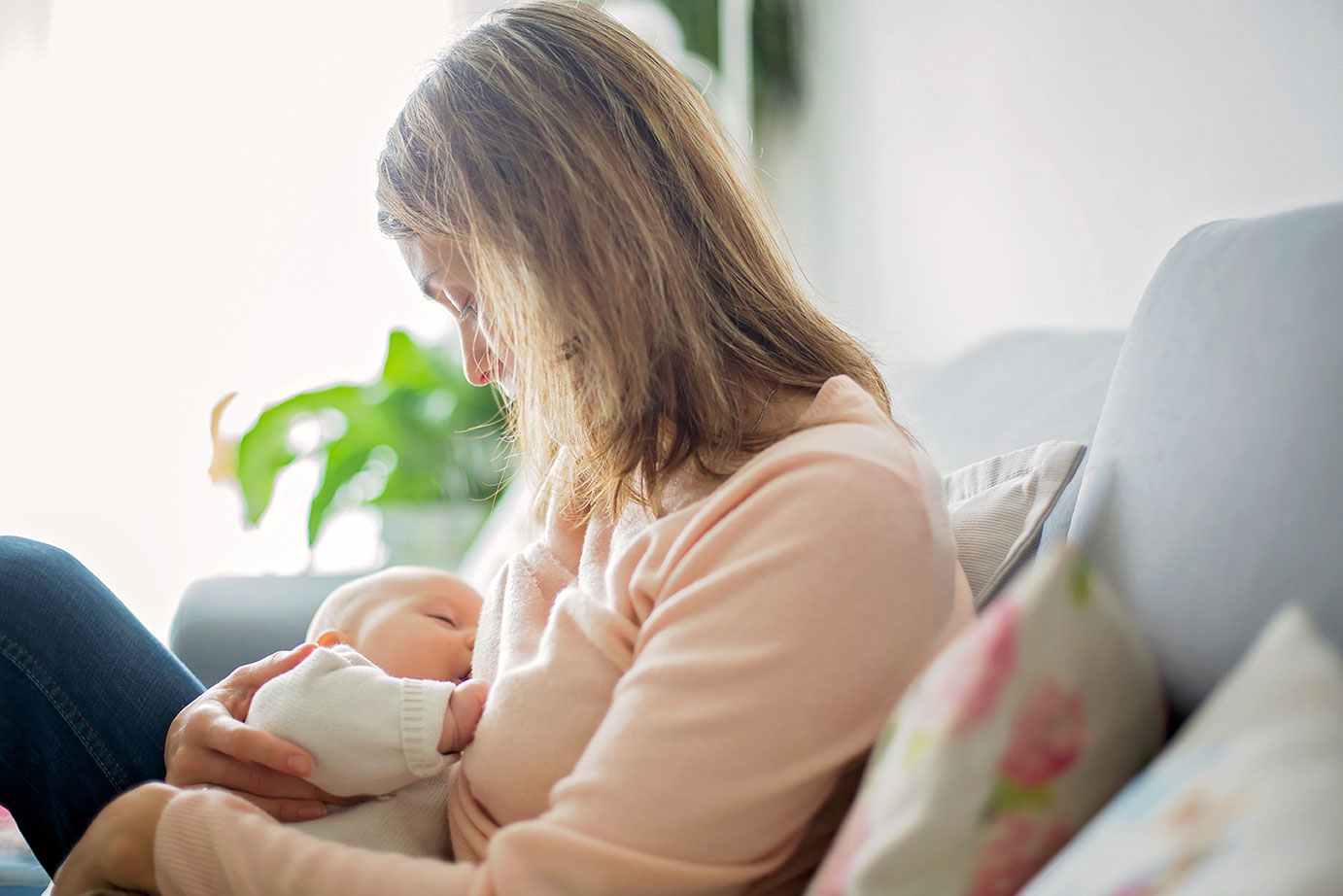 Effects of Lead Exposure During Pregnancy
Effects of Lead Exposure During Pregnancy
A pregnant woman's past or present exposure to lead puts her unborn baby at risk. When she breathes in or swallows lead dust particles, it goes into her blood. Once the lead is in the bloodstream, it passes through the placenta into the baby and into the baby's developing bones and other organs. If a pregnant woman has had past exposure to lead, her body may store the lead in her bones and teeth. The body does not know the difference between lead and calcium.
If the pregnant woman's diet has a deficiency of calcium in her body, lead absorption is increased. Lead exposure can affect the unborn child's brain, causing developmental problems later in life. Fetuses exposed to lead before birth may be born early or underweight.
Pregnant women should talk with their doctor about how to minimize exposure of lead to the fetus. Because a fetus' blood lead level matches its mother's blood lead level, it is important for the mother to know if she has had recent exposure to lead. If there has been exposure, which a blood lead test can determine, it is important to find out where in the environment the exposure is coming from and to avoid or eliminate that lead hazard. Unfortunately, there is no medical treatment universally recommended for pregnant women with elevated lead levels. Good nutrition, however, and avoiding contact with lead, are steps the mother can take to protect herself and her baby from lead.
Steps expectant parents can take to protect themselves and their babies from lead hazards:
Assume lead hazards in pre-1978 homes: Expectant parents living in a home built before 1978 should assume it has lead paint and reduce lead hazards in the home. If you are planning to renovate, follow
lead-safe work practices.
Wash hands frequently: Because it is easy to collect lead dust on one's hands, all household members should wash their hands before cooking and eating.
Avoid folk medicines and cosmetics: Pregnant women should not use certain cosmetics or medicines that contain lead.
Reduce lead exposures from hobbies and work: Pregnant women should avoid hobbies that expose them to lead, and if someone in the home works with lead on the job or as a hobby, he or she should shower and change clothes before going home to prevent bringing lead into the home.
Eat healthy foods: The same foods that are recommended to ensure a healthy pregnancy also may help prevent lead from getting into the blood and harming the unborn baby. These include foods high in calcium, vitamin C, and iron.
Use cold tap water: Homes with older plumbing fixtures may have pipes with lead. Always use cold water: warm water is more likely to retain lead. Cold water should be used only after it has been running from the tap and feels cold. Only cold water should be used to make baby formula.
Get regular prenatal medical care: Pregnant women should make regular visits to their doctors. Healthcare providers can answer questions about lead exposure and also give or order blood lead tests.
Breast-feed: While there may be some lead in breast milk if the mother has high levels of lead, research does not suggest that breastfeeding would be harmful to the baby. Consult your doctor.